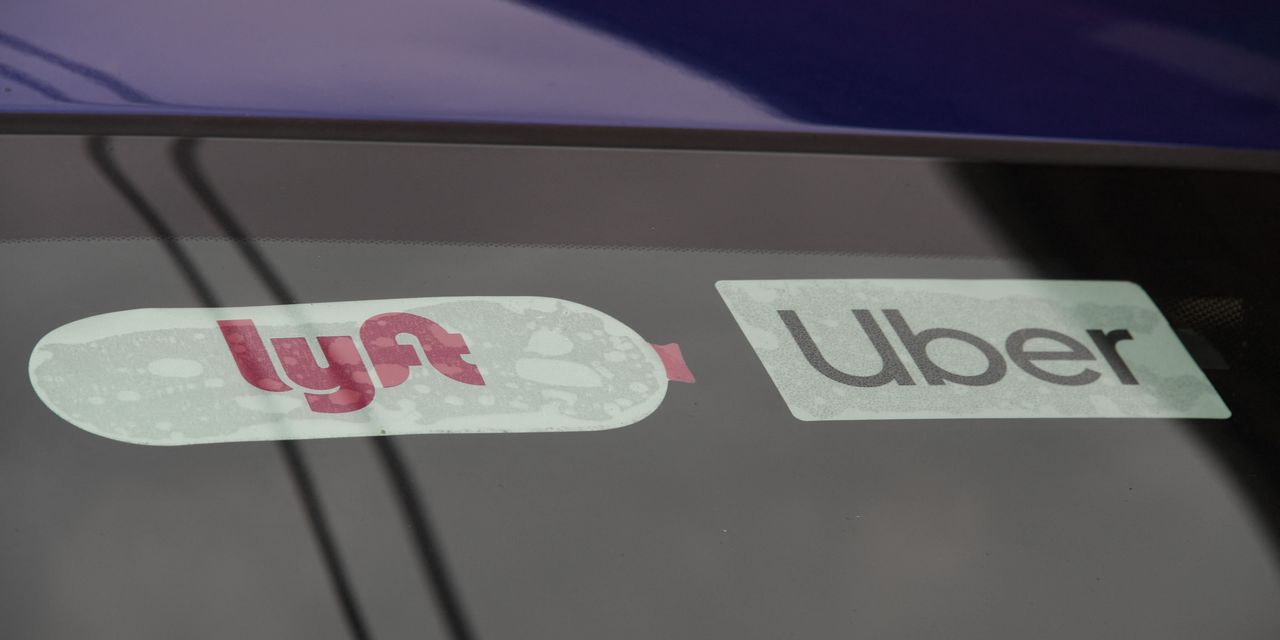When gig workers get deactivated, or “digitally fired,” most of them can get reactivated when a third party gets involved, a new study finds.
Eighty percent of Seattle ride-hailing drivers who were kicked off Uber and Lyft in the past couple of years were allowed back on the apps after being represented by a Driver Resolution Center first established under a city ordinance, according to University of Washington researchers, who also concluded that racial bias can play a role in deactivations.
Deactivations of on-demand platform workers — which can keep them from earning money on the apps for extended periods of time, or even permanently — are common enough that cities and states around the U.S. are trying to address the issue. An ordinance implemented in Seattle in 2021 established the center to help the city’s ride-hailing drivers, including by giving them legal representation when necessary. It was run by the Teamsters-affiliated Drivers Union, which represents more than 30,000 Uber, Lyft and taxi drivers in Washington state.
Most of the drivers were kicked off the apps for “minor” reasons, Nicholas Weber, an assistant professor at the University of Washington and one of the paper’s authors, told MarketWatch. He gave examples: “There was an expired tag on my car. Or I grew a beard, and your facial-recognition tech doesn’t recognize me.” Most of those cases “should be pretty easily resolvable,” Weber added.
When drivers had representation, the median time they spent out of work was reduced from about 11 weeks to less than six weeks, the researchers also found.
Mugtaba Mohammed, a ride-hailing driver in Kirkland, Wash., a suburb of Seattle, said he has been driving for both Uber and Lyft for the past several years and has been kicked off both platforms for different reasons. He said that with the help of the union, he has since resumed working for Uber while still being deactivated by Lyft.
“I’m a student here, working to help my family in Sudan,” Mohammed said. “It’s really important for drivers to have a union. They call, email, follow up with phone calls” on drivers’ behalf, he said.
From the archives (March 2023): A driver spent $180,000 to start an Uber Black business. Then the company deactivated his account.
The report was based on information from the researchers’ data-sharing agreement with the resolution center, which included an analysis of the center’s work from July 1, 2021 to Jan. 31, 2023 involving about 1,400 deactivation cases, a survey of 134 affected drivers, and interviews with more than a dozen of those drivers.
The researchers recommended that policymakers look at the dispute-arbitration model that proved to help ride-hailing drivers in Seattle regain their ability to earn on the apps.
“Policy debates in the USA have predominantly focused on reclassifying app-based workers as employees in order to realize safe working conditions,” they wrote. “The right to challenge deactivations and access to third-party representation can also help improve working conditions on the ground sooner than employee status may be implemented.”
The researchers also found that Black, Asian and Latinx drivers were reactivated at a higher rate, 49.6%, than white drivers, at 33.6%. “We argue that this finding reflects a racially biased practice of driver deactivation,” they wrote.
Weber expanded on that in an interview. “What it shows is that drivers who are being deactivated not for good reasons are drivers of color,” he said. “There is either a significant racial bias in algorithmic decision-making, or potentially a very strong customer bias, like complaints levied against drivers that don’t look like you or speak like you.”
That finding echoes results from a similar report published earlier this year, which surveyed ride-hailing drivers in California and found that 45% of them thought they were deactivated because of discrimination, possibly because of their race, ethnicity, accent, religion or gender.
Asked about the Seattle study, a Lyft spokesperson called its methodology flawed. “It solely looked at Seattle’s problematic and soon-to-be-replaced driver resource ordinance process and didn’t take into account the other ways drivers had available to request a deactivation review, naturally creating a selection bias that undermines its results,” the spokesperson said.
The Seattle ordinance that the Lyft spokesperson called problematic was superseded by a statewide law backed by the company, which went into effect Jan. 1. But the law includes a similar driver-resolution center also run by the Drivers Union.
An Uber spokesperson, meanwhile, said the company does not collect race or ethnicity information when drivers sign up for the platform.
“Driver deactivations may result from incidents or repeated violations of community guidelines,” the spokesperson said, adding that the company does not use race or ethnicity to make deactivation decisions. “The data from the DRC clearly shows that there is inequality, and we’re committed to working together with them to gradually reduce the number of such cases.”
Read next: As Uber drivers complain of deactivations and ‘policies that keep us in poverty,’ company issues its own civil-rights audit
Read the full article here




